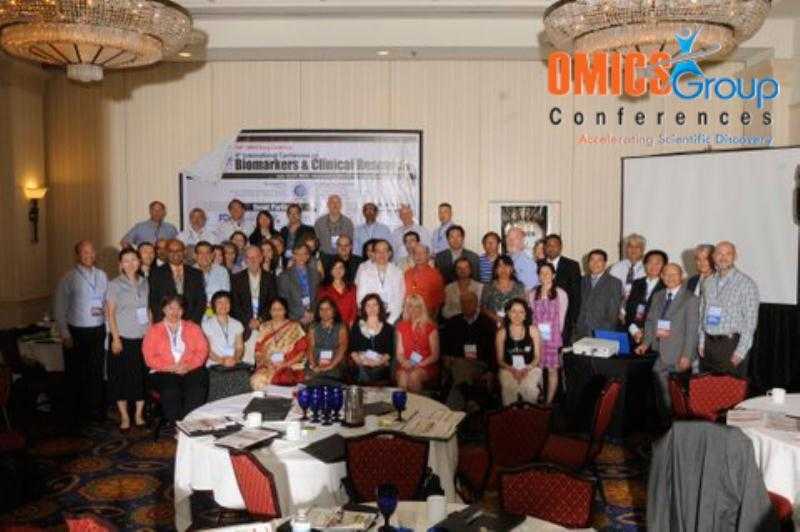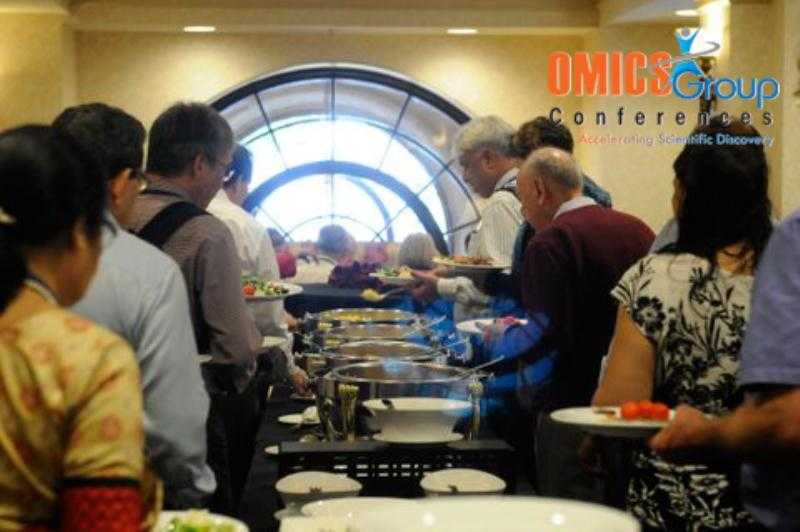
Hong Wang
Temple University School of Medicine, USA
Title: Circulating monocyte as a biomarker of inflammatory disease
Biography
Hong Wang received her M.D. degree from Nanchang University School of Medicine and a M.S. in Immunology from Peking Union Medical University in China, a Ph.D. in Biochemistry from University of Montreal and postdoctoral training in Harvard School of Public Health. She is the Professor of Pharmacology in Temple University School of Medicine. She is a well-established expert in Cardiovascular Research.
Abstract
Monocyte is generated from bone marrow and can differentiate into macrophage in tissue. Monocyte is equipped with various receptors to monitor and sense environmental changes. Owing to the highly plastic and heterogeneous property, monocytes phenotypically and functionally differentiate into inflammatory or anti-inflammatory subsets in the circulation. Monocyte is subdivided by specific surface markers and distinct subsets display specific functions. Inflammatory monocyte is phagocytic and effective to defend against pathogen-associated molecules (PAMs). Anti-inflammatory monocytes patrol to vasculature to monitor PAMs. Inflammatory condition increases chemokine/adhesion molecules in vasculature of inflamed tissue upon the stimuli like cytokines, growth factors, and metabolites. Therefore, inflammatory monocyte highly infiltrates and differentiates into inflammatory macrophage, which removes PAM and cell debris, whereas patrolling anti-inflammatory monocyte infiltrates and differentiates into anti-inflammatory macrophage, which repairs damaged tissues. It has been suggested that the prolonged inflammation fails to maintain homeostatic composition of monocyte subsets. Monocytes are augmented both in circulation and tissue in patients with chronic inflammatory diseases. Because monocyte differentiation occurs in the early stage of disease progress and can be modified with therapeutic approaches, monocyte represents highly attractive cell population for diagnostic use. We will discuss current understanding of monocyte heterogeneity in human and mice, and propose the principle of monocytosis and inflammatory monocyte as a biomarker in inflammatory diseases.
Speaker Presentations
Speaker PDFs


